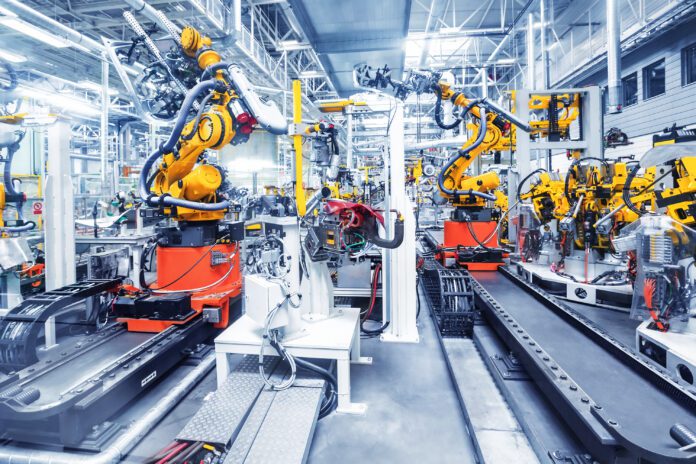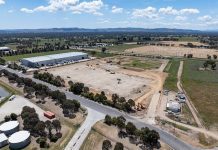
The Australian Industry Group (Ai Group) is urging the federal government to place manufacturing at the centre of discussions during the upcoming August economic roundtable, warning that the sector is facing intensifying pressures that threaten its viability and broader economic contribution.
Innes Willox, chief executive of Ai Group, said that manufacturing in Australia has slipped into recession and is currently one of the nation’s weakest performing industries.
“Australian manufacturing and its almost one million employees face deepening risks unless urgent economy-wide reforms are undertaken to return the industry to growth and boost its falling productivity,” Willox said.
According to new research released by Ai Group, four key challenges are placing mounting pressure on the sector: rising energy and input costs, widespread skills shortages, escalating trade risks, and a continued decline in productivity.
“We should be worried,” Willox said. “Manufacturing directly employs 930,000 people, generating over 12% of our exports and 8% of capital investment, despite accounting for only 5% of GDP. It is also an engine of innovation, reinvesting 4.1% of value-added back into R&D – the highest rate of any industry in Australia.”
He also noted that other sectors of the economy, such as construction and transport, are heavily dependent on the health of local manufacturing, adding that the industry’s growing contribution to female employment is another positive signal.
“Manufacturing is leading the industrial sector on increasing its female share of hours worked – it has risen by 4.7 percentage points in the past ten years to 26.5%. Much of this shift has been driven by technological change, investment and implementation,” he said.
But despite such developments, cost pressures continue to mount. “Manufacturer input prices have risen 37% in the five years since the pandemic, compared to only 22% for CPI,” Willox said.
“They are paying 48% more for gas than they were in 2019, threatening the viability of energy-intensive branches of manufacturing. We are seeing an increase in plant closures or reduced activity in key economic sectors due to energy cost pressures.”
The workforce challenge is also acute. “Skills shortages are cruelling the industry, with 61% of trades and technician roles in Australia currently difficult to fill. This is especially problematic for manufacturing, where trades comprise 28% of the workforce compared to a national average of 12%,” he said.
International trade dynamics present further complications. “Australia exported $11.5 billion of manufactures into the US last year, which will face tariffs of up to 60%, depending on the amount of metal content in the product,” Willox said.
“Advanced manufacturers – which send 23% of their exports to the US – will be the most impacted. Supply chains for the sector, particularly across the Asia-Pacific, are being buffeted by tariff uncertainty.”
Willox also highlighted declining productivity as a major barrier to long-term sustainability. “Labour productivity in the sector has declined by 3.7% over the past decade and overall productivity is down by 1%. The malaise of declining productivity makes it harder for employers to deliver sustainable wage increases, and it weakens our international competitiveness at the very time trade disputes are under extra competitive pressure,” he said.
He stressed that the implications of the manufacturing downturn extend beyond the sector. “The economic impacts of the manufacturing recession go much further than the industry itself – the outsized contribution to exports, R&D and innovation mean it will drag on our national aspirations to be a high-tech and high productivity economy,” Mr Willox said.
Ai Group is calling on Treasurer Jim Chalmers to use next month’s economic roundtable to initiate a coordinated policy response.
“Treasurer Jim Chalmers’ Roundtable next month can begin a clear reform path around the issues of energy, workforce, productivity and international competitiveness. Given its centrality to our economic success, the issues impacting manufacturing in turn impact the entire economy,” Willox said.
The full research paper, Hard times in Australian manufacturing, is available on the Australian Industry Group’s website.




















